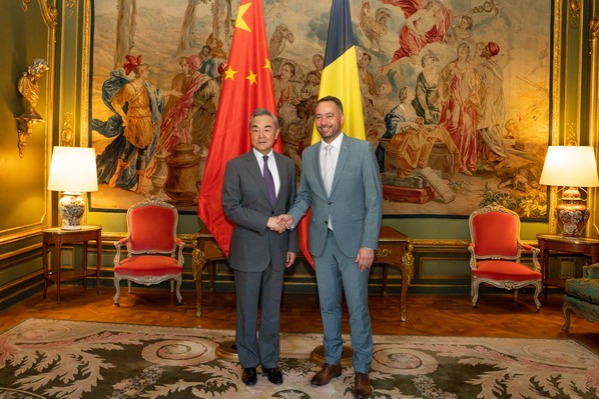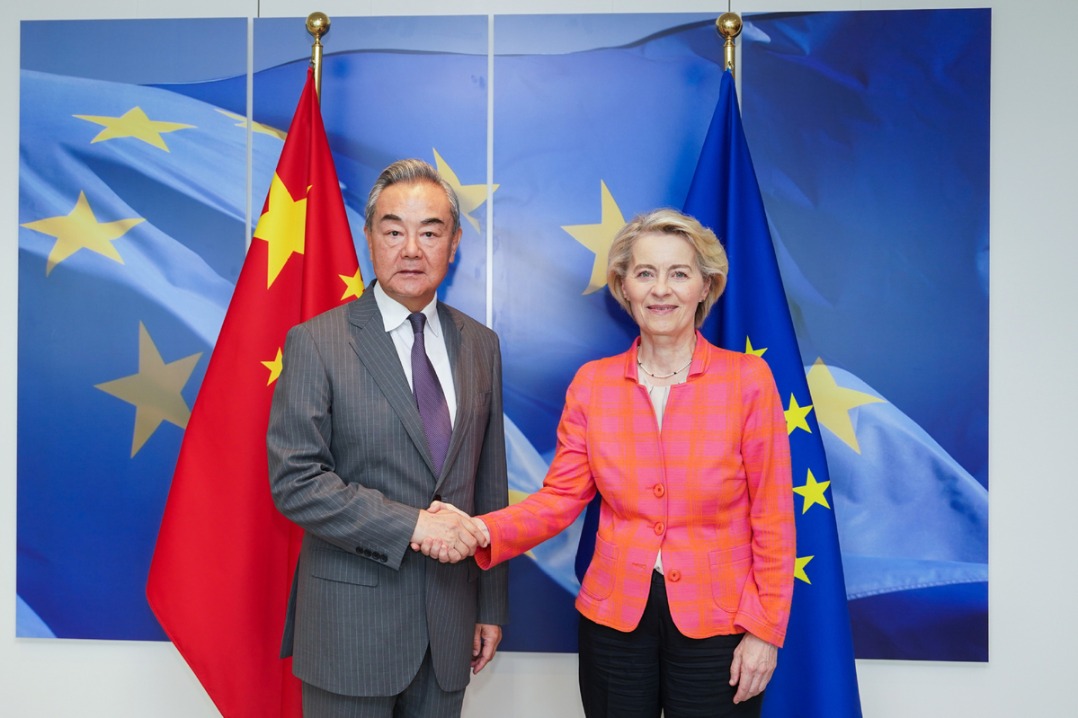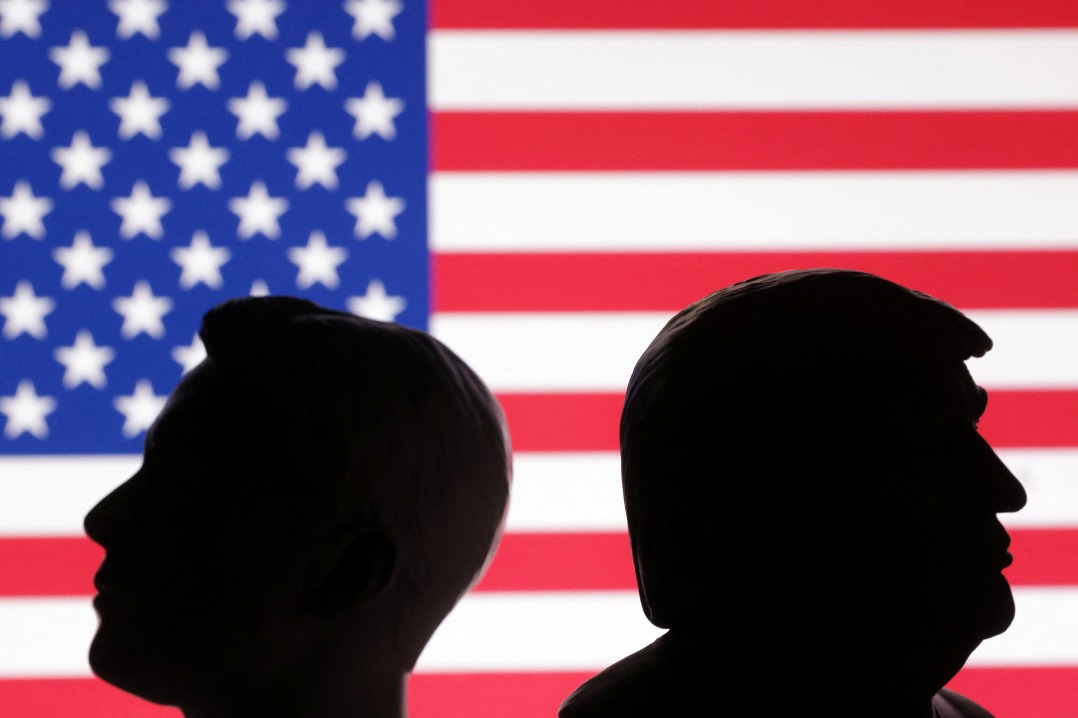West urged to keep politics out of oil supply decisions


Western countries that release their spare oil capacity to ease prices should leave politics out of their decisions as the world needs to strike a balance between investing in renewables and dealing with underinvestment in the oil and gas sector, analysts say.
Despite pressure from the United States, oil producers in OPEC+ started reducing output by 2 million barrels a day from Nov 1. The grouping brings together the Organization of the Petroleum Exporting Countries, of which Saudi Arabia is the most influential member, and other major producers such as Russia.
US President Joe Biden announced the release of 15 million barrels of oil from his nation's strategic reserve on Oct 18, to complete the release of 180 million barrels that he approved in March to stabilize markets amid energy security fears linked to the impact of the Russia-Ukraine conflict.
With the US suffering from its highest inflation in 40 years, critics say the move is designed to bring down pump prices ahead of the US midterm congressional elections on Tuesday.
"While the relevant decision of Saudi Arabia is related to its financial interests and the energy market, the decision of the US is political," Gokhan Ereli, Gulf Studies coordinator at the Center for Middle Eastern Studies in Turkiye, told China Daily.
He said that although Biden is "trying to solve a foreign policy problem" before the midterm elections through the Strategic Petroleum Reserve, or SPR, finding a middle ground with the big oil producers in the medium and long term "will be one of the biggest issues of the Biden administration and the future US administrations".
In March, the International Energy Agency's 31 member countries, mainly the US and European nations plus Japan and South Korea, pledged to release 62.7 million barrels of oil from emergency reserves, followed by an additional release of 120 million barrels in April, in response to the impact of the Ukraine-Russia conflict.
Oil prices climbed in February in the wake of the conflict before hitting more than $100 a barrel in March.
At the Future Investment Initiative event in Riyadh last week, Saudi Energy Minister Prince Abdulaziz bin Salman took aim at Western governments that have released millions of barrels of crude to ease prices and accused them of trying to "manipulate" prices, The Wall Street Journal reported.
Syed Muhammad Osama Rizvi, an energy and economic analyst at data monitor Primary Vision Network, told China Daily that he believes the release of strategic petroleum reserves "is not a long-term solution".
"If anything, it is not a solution at all," said Rizvi. "The whole point is that in order to quell the fears of an impending supply crunch, the world needs to assure more oil production. However, given the climate imperative, we cannot do it with as much ease as we could have few years ago. That's the dilemma."
Disruption impact
According to the US Office of Cybersecurity, Energy Security, and Emergency Response, the SPR, the world's largest supply of emergency crude oil, was established to reduce the impact of disruptions to supplies of petroleum products and to carry out obligations of the US under the international energy program.
"The federally owned oil stocks are stored in huge underground salt caverns at four sites along the coastline of the Gulf of Mexico. The sheer size of the SPR (authorized storage capacity of 714 million barrels) makes it a significant deterrent to oil import cutoffs and a key tool in foreign policy," its website read.
Yesar Al-Maleki, an energy expert and Gulf analyst at the Middle East Economic Survey, an energy publication in Cyprus, said the potential additional SPR releases come in "politically tumultuous times", citing the US midterm elections, Europe's ban on Russian oil imports and the G7 group's price cap plans.
The G7 nations, along with the European Union, in September agreed to put a cap on Russian oil prices, to curb Moscow's revenues.
The OPEC+ cut, Al-Maleki said, is expected to reduce 800,000 barrels per day to 1 million barrels per day of supply given that years of underinvestment in capacity "has held OPEC producers from fulfilling their quotas".
Xinhua contributed to this story.

































